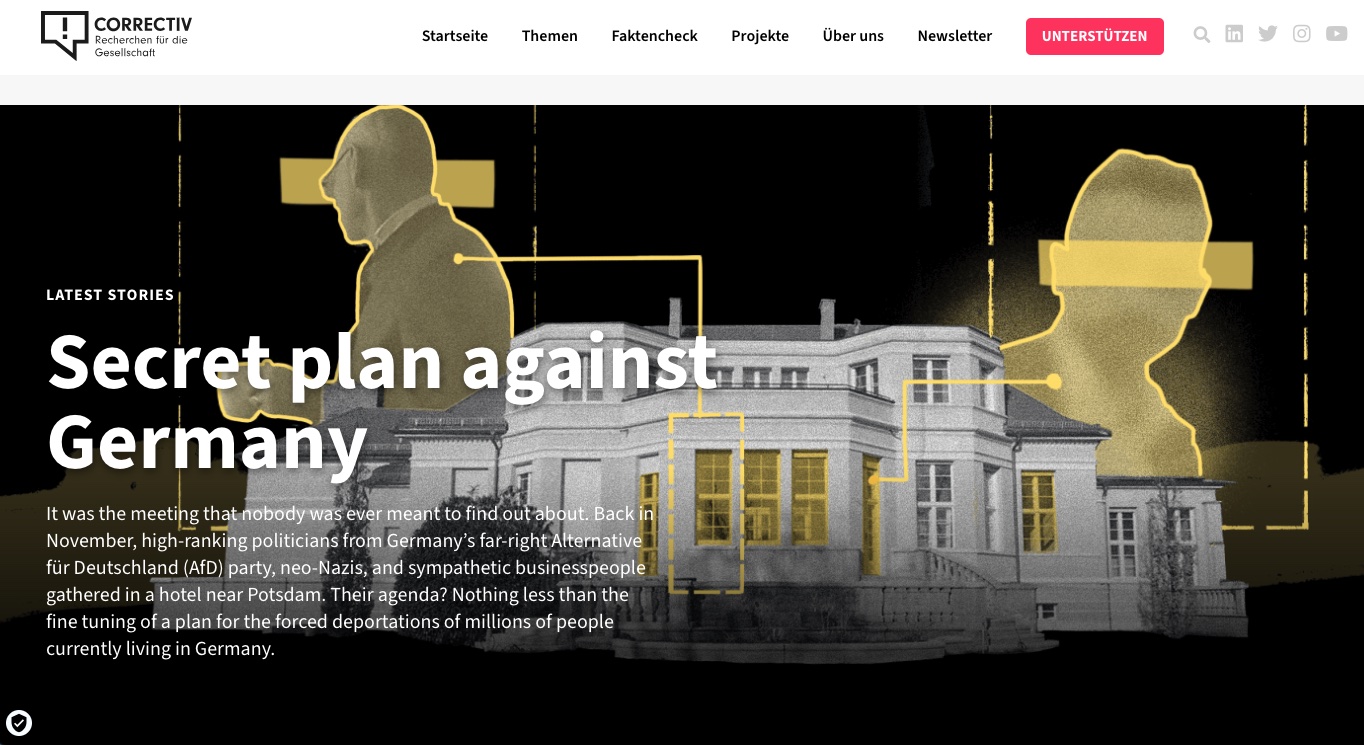
Screenshot of the English version of Correctiv's story on the secret plan against Germany.

Screenshot of the English version of Correctiv's story on the secret plan against Germany.
Imagine you're an investigative reporter. After receiving a tip-off about a conspiratorial meeting of influential members of the far right, one of your colleagues infiltrates the gathering, allowing you to reveal a secret plan to deport millions of your country's citizens on the basis of a set of racist criteria. Your bombshell investigation galvanises civil society and prompts an unprecedented number of people to take to the streets in defence of democracy.
Over the coming weeks, the most important far-right party in your country drops in the polls while democratic forces grow stronger. What's more, the scoop makes your publication a household name and this brings unprecedented attention and a deluge of thank-you-letters and donations – but also slander, threats and legal battles.
As you may have realised by now, this is not a fictional story but precisely what happened in Germany with 'Secret plan against Germany', an investigation published earlier this year by Correctiv, a nonprofit newsroom founded in 2014. The story revealed how right-wing party Alternative for Germany (AfD) together with neo-Nazis and sympathetic businessmen met in a hotel near Berlin to fine-tune plans to deport millions of people currently living in Germany, including some with German citizenship.
To Gabriela Keller, one of the investigative reporters behind this seminal work, publishing such an impactful story was a “mind-blowing” experience.
“It's pretty much a once-in-a-lifetime moment, not just for us but for journalism in general,” Keller tells me. She joined Correctiv in late 2020 after stints at other German news outlets and doesn’t remember any revelation that caused mass protests on a similar scale, “with the exception of the Ibiza affair in Austria,” the scandal over a secretly recorded video that led to the collapse of the Austrian government coalition in 2019.
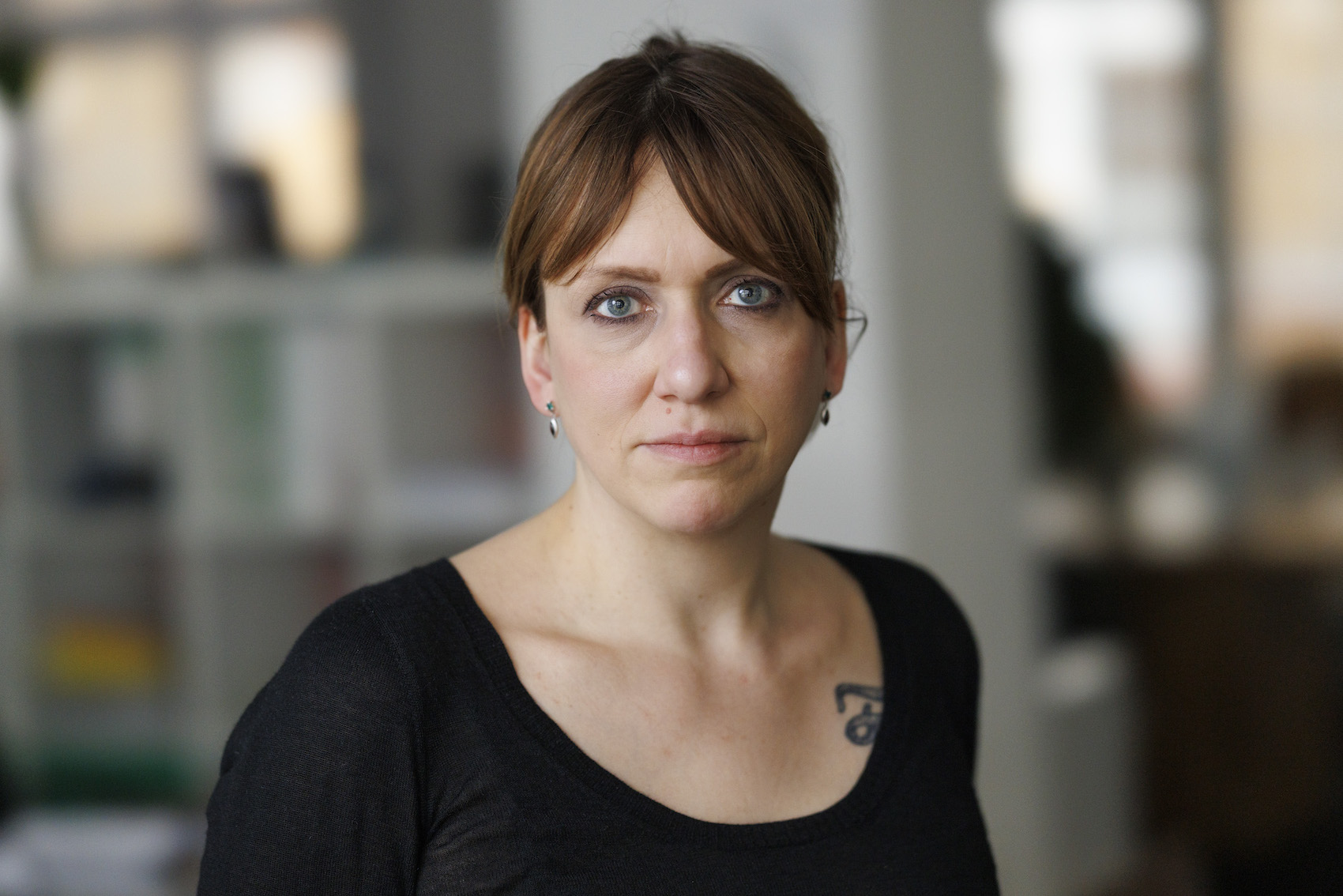
“It's what you aim for as an investigative journalist – to publish something that actually helps change grievances,” she says. “In a time where journalism is under a lot of pressure from different sides, the reaction to our work shows what journalism can actually achieve.”
While it's too early to judge how Correctiv's revelations will affect German politics in the long term, they have reinvigorated pro-democracy attitudes in the country and showed how these racist attitudes extend into the highest echelons of the AfD and how some of its leaders are keen to put them into action if given the opportunity to do so.
"In a time when more countries turn autocratic, investigating threats to democracy is one of the top issues, if not the top issue for journalists," says Correctiv co-founder Daniel Drepper, who heads the German Association of Investigative Journalists. "In Germany, we're really sensitive to losing our democracy. As journalists, we need to defend the space we can work in, and that space is democracy. There's no journalism in a dictatorship."
So how did the independent media outlet pull off one of the most impressive journalistic feats in living memory? To find out, we spoke with Keller and Drepper, who now heads the investigative partnership between Süddeutsche Zeitung and two public broadcasters, as well as with another founding member who is in charge of Correctiv’s local journalism initiative.
It's what you aim for as an investigative journalist – to publish something that actually helps change grievances. In a time where journalism is under a lot of pressure from different sides, the reaction to our work shows what journalism can actually achieve

Like so many impactful stories, the investigation on the secret plan against Germany began with a tip-off.
In mid-October, about a month before the secret meeting, Correctiv received two typed invitation letters from an undisclosed source. The first one contained a general outline of the idea behind the meeting and framed it as the access to an “exclusive network” with sentences like “We need patriots who are ready to act and individuals who will support their activities financially.”
The second letter was a response to the apparent reluctance among invitees to donate the €5,000 requested in the first letter. The purpose of this payment was to fund a "masterplan” which would be presented at the meeting by Martin Sellner, the father of the concept of ‘re-migration’ and the leader of the Identitarian Movement, a far-right extremist group.
“At first glance, it looked like another affair of dubious donations for the AfD,” Keller says, referring to another scandal Correctiv uncovered in 2019. "We quickly realised this was about a secretive meeting of radical right-wing activists or even Nazis who wanted to protect [this gathering] from the outside world. So it was clear we had to invest a lot of resources [on this].”
The key question Keller and two of her colleagues tried to answer was how to find out what attendees would say during the meeting. "We were thinking about placing someone undercover in the meeting itself, but that seemed unrealistic,” she says.
Correctiv also teamed up with the investigative team of Greenpeace Germany, which has lots of experience in collecting secret evidence.
In the days leading up to the secret meeting, the team explored the surroundings of the hotel, located in the city of Potsdam, 34 kilometres south west of Berlin.
Two days before the meeting, an undercover reporter whose identity Correctiv won't disclose checked into the hotel using a fake name. Luckily, the hotel owners had forgotten to block a single guest room, making the reporter the only regular guest.
On top of placing two stationary webcams hidden in front of the hotel, a photography team equipped with a telephoto lens boarded a sauna raft Correctiv rented from a nearby sauna rental place.
“There was no way we would know beforehand what we would end up with,” Keller says. "The least we hoped for was to see who goes in and out, so we could prove that this clandestine meeting took place, and say that the participants were apparently planning to find ways to gather funds for this masterplan.”
The secret meeting took place on Saturday 25 November. “Correctiv is known for revealing unpleasant things about the AfD, so we took a lot of precautions,” Keller recalls. She says their undercover reporter grew a beard and wore glasses. For emergency situations, the reporter also had a security button that would have transmitted their position to six different people and conducted a risk analysis beforehand. A second Correctiv reporter was nearby in case things got dicey.
On Friday and over the course of Saturday, the reporter filmed inside the hotel and even in the hotel's large conference hall before the meeting began. The two webcams allowed the team to identify the people arriving for the meeting while the photography team with the telephoto lens took photos of participants in the conference hall from the vantage point on the sauna raft.
The undercover operation went well. “Everybody was really excited about the evidence we were able to gather,” she says. “We knew the material was explosive.”
In the days after the meeting, the team working on the story grew from three reporters to five. The group tapped into Correctiv's long-standing research into and ties to far-right networks, including the AfD. According to Keller, it was these contacts and sources that made the investigation possible in the first place: without them, Correctiv wouldn't have received the invitation letters.
“We wanted to know how important [the participants in the meeting] actually were,” Keller says. "In the case of the AfD's Roland Hartwig [for example] we learned that his position could be compared to that of an unofficial general secretary.” Hartwig's official position was the party leader's personal aide. His ouster from the party five days after the Correctiv story dropped was one of the few visible effects of the scoop on the AfD.
In addition to confirming the attendees' influence, these AfD insiders – let's call them secondary sources – also allowed Keller and her team to corroborate what was said during the meeting, according to Correctiv's primary sources.
“[The secondary sources] helped us figure out if the arguments and positions that were put forward at the secret meeting generally tallied with the position of the party and the attending politicians,” Keller says, who won’t disclose any information about their sources.
When asked which precautions her reporters took in the background talks with the AfD insiders, she stresses that they did not mention the meeting at all.

“We were exceptionally careful to protect any classified information about the meeting,” Keller says. "It would have put our story at risk and could have killed the element of surprise.”
The investigative team, whose ranks swelled to 11 in the days before the publication, only used encrypted files and messages for communication – or met face to face. They didn't talk about the investigation on the phone or with any outsiders either. Their Correctiv colleagues, though, did know they were working on a major story about a clandestine affair, Keller says.
Two days before the piece went live, the team confronted the participants of the meeting to give them a chance to react. “It was rather short, but it was not an extensive list of questions,” Keller says. “We didn’t want to risk that they published information about the meeting before us with their own spin.”
Correctiv's 'Secret plan against Germany' story was published just six and half weeks after the meeting on 10 January. Some voices criticised Correctiv for not publishing the piece earlier, a line of pushback Keller strongly rejects.
“We had hours and hours of video footage,” she says. “We had to identify people, evaluate, double and triple check statements, go through everything with our lawyers, write the piece, do the design, and so on. We did not deliberately lengthen the process or dawdle.”
The reactions to the piece came swiftly and prominently. "Anyone who opposes our free democratic basic order is a case for our Office for the Protection of the Constitution and the judiciary,” German Chancellor Olaf Scholz said on X the next morning. Dozens of other prominent politicians echoed Scholz' statements, with many speaking out in favour of examining the possibility of banning the AfD.
Wir lassen nicht zu, dass jemand das „Wir“ in unserem Land danach unterscheidet, ob jemand eine Einwanderungsgeschichte hat oder nicht. Wir schützen alle - unabhängig von Herkunft, Hautfarbe oder wie unbequem jemand für Fanatiker mit Assimilationsfantasien ist. (1/2) #Correctiv
— Bundeskanzler Olaf Scholz (@Bundeskanzler) January 11, 2024
A few weeks after its publication, the article had been viewed several million times, according to Correctiv, making it the most-read article in the media outlets' nearly 10-year history. More importantly, every significant news organisation in Germany covered the story and its aftermath – including public broadcaster ARD's flagship newscast Tagesschau for an astounding 13 days in a row. Beyond Germany’s borders, the New York Times, the Guardian, the Straits Times and El Heraldo de México were among the publications that reported on it.
The most visible and far-reaching consequence of the scoop were the more than three million people who have taken to the streets since January to protest against far-right extremism and the AfD in hundreds of small and large cities across Germany.
This is exactly what the Correctiv founders had in mind when they launched their publication as a nonprofit in 2014.
To accomplish its mission, Correctiv has been relying on three different pillars, says 38-year-old journalist Jonathan Sachse, one of the six founding members: investigative journalism, media education and technology.
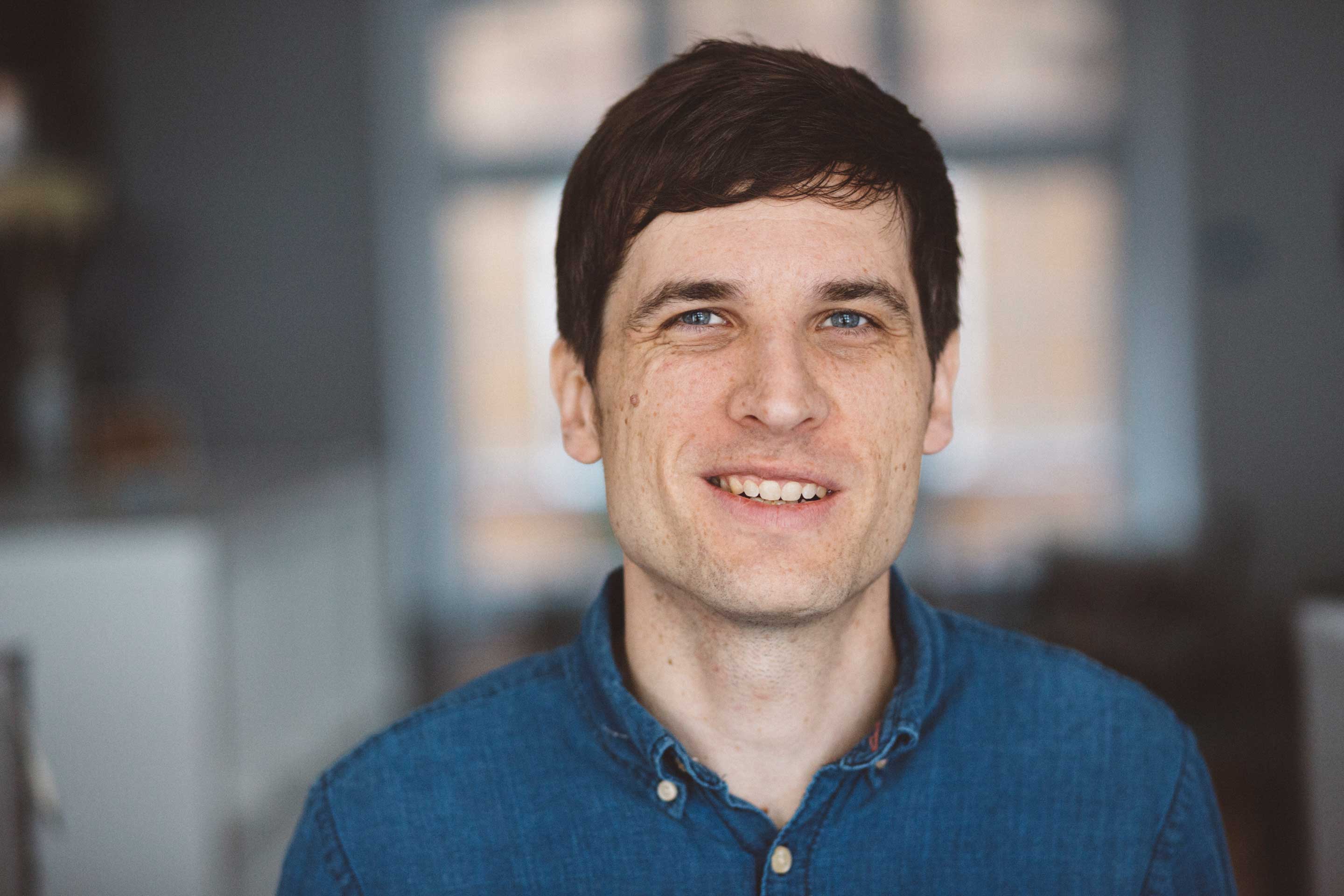
According to Sachse, who primarily covers sport and the justice system, one of the ways they tried to set Correctiv apart is an openness to experiment with different formats.
“Many of us were shaped by character limits and annoying discussions about what gets how much space on print pages," Sachse says. "For us, an open-format approach meant not just adding an online audio version, but really being open to different formats – we thought in terms of comedy, music videos, and so on. In the first year or two, we staged the first play and projected our work onto a wall in Berlin.”
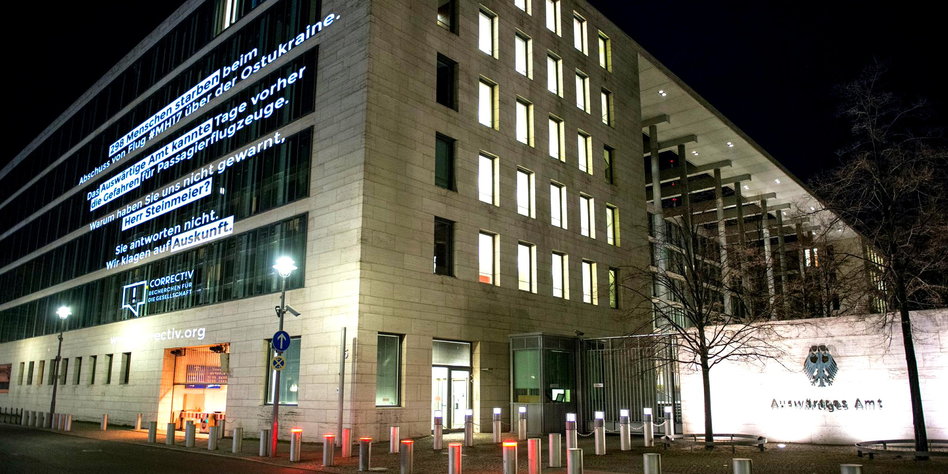
The secret plan investigation is no exception to this. The piece was the basis for theatrical readings in cities across Germany and according to Correctiv, this livestream of a performance in Berlin was the most watched in German theatre history.
Correctiv thrives on crowdsourcing and reaching new groups, says Sachse. “We often decide to meet people where they are, which could mean organising a dialogue-driven event on the market square, or coming up with a format on TikTok to reach young people,” he says. “It always depends on the target [audience] for each story.”
According to Sachse, the technology they use also serves this purpose. "Our tech typically has something to do with dialogue," he says. Among Correctiv's technology-driven projects are an AI editing tool Correctiv licences out to other newsrooms and an open source software named 'beabee' (currently in beta) that helps newsrooms build, activate, manage and monetise communities.
Correctiv's newest initiative, a fact-checking platform for citizens closely connected to the existing Faktenforum community, is supposed to launch in April and will try to counter AI-generated disinformation with AI tools from this summer.
For us, an open-format approach meant not just adding an online audio version, but really being open to different formats – comedy, music videos... In the first year or two, we staged the first play and projected our work onto a wall in Berlin

When launching Correctiv, its founders took inspiration from nonprofits ProPublica and De Correspondent and created Germany's first donation-funded investigative newsroom. Its foundational ethos was crystal-clear – being oriented towards the common good. Everything they do is freely accessible to everyone and the design of its website is very simple, with no ads or any other distracting elements.
“[Our ethos] presupposes the conviction that you can only be successful [if you have] a community,” Jonathan Sachse says. “You want to be dependent on donors so you can operate as independently as possible.”
Correctiv aspires to fund its operations with three pillars: donations from citizens and companies, support from foundations, institutions and public authorities, and proceeds from the sale of its own products and services, such as books and workshops.
However, according to Sachse, donations and institutional support each make up roughly half of Correctiv's budget, with the third pillar being marginal thus far. This weak link, a for-profit subsidiary named Correctiv publishing, was launched in 2015 and does little more than book sales at the moment. Its newest book, The AfD Komplex, ties together Correctiv's investigations about the populist party from the past eight years. Asked about the revenue generated by Correctiv publishing, a spokesperson from Correctiv declined to provide any details.
Correctiv’s editorial policy states that financial backers do not influence its journalism and it publishes all incoming donations and grants over €1,000. However, some funds have to be spent on certain purposes. The Mercator Foundation, for instance, has been supporting Correctiv's climate beat since 2022. “It's in their interest that something gets done about climate change, but they don't interfere in our selection of topics,” Sachse says.
The newsroom, split between Essen and Berlin, covers topics such as tax fraud, civil rights, press freedom, education, corruption, climate change and right-wing terror. It also does cross-border reporting on issues like supply chains or China's influence abroad.
The lion's share of Correctiv’s budget goes to editorial staff costs and investigations. Correctiv grew from a team of six to more than 100 full-time staff over the course of the last decade. According to Sachse, these costs are covered by private donations, which are not earmarked.
Correctiv also receives financial support from public authorities like the German government to bankroll “clearly defined” media education initiatives like Reporterfabrik. These funds are never used to pay for journalism, particularly investigations, Sachse stresses.
In 2014, Correctiv launched with only one major funder, the Brost Foundation, which supported it with almost €3.8 million in start-up financing through 2018. Over the past six years, Luminate and the Omidyar Network, both bankrolled by eBay founder Pierre Omidyar, have been by far the biggest sources with a total of €2.8 million.
Last year, Correctiv received grants amounting to almost €4.5 million, according to its own information. Around half of those grants came from more than a dozen foundations, whose contributions ranged from €5,000 to €661,000.
On 11 January, one day after Correctiv's bombshell investigation dropped, dozens of reporters who work for local newsrooms across Germany gathered in a video call to compare notes and share ideas for additional investigations.
While the meeting was spontaneous, it was far from coincidental: every participant belonged to CORRECTIV.Lokal, the nonprofit's nationwide network of reporters from local and regional media outlets.
Correctiv launched this network back in 2017 to address the growing problem of news deserts in Germany. The project is loosely modelled on the UK's Bureau Local, a permanent network of journalists and non-journalists engaged in topic-driven reporting projects.
Two years after the network’s launch, co-founder Sachse took over the helm. Together with his team, which currently consists of him and four other core staff including one 'engagement reporter', Sachse grew the network to more than 1,700 members across Germany.
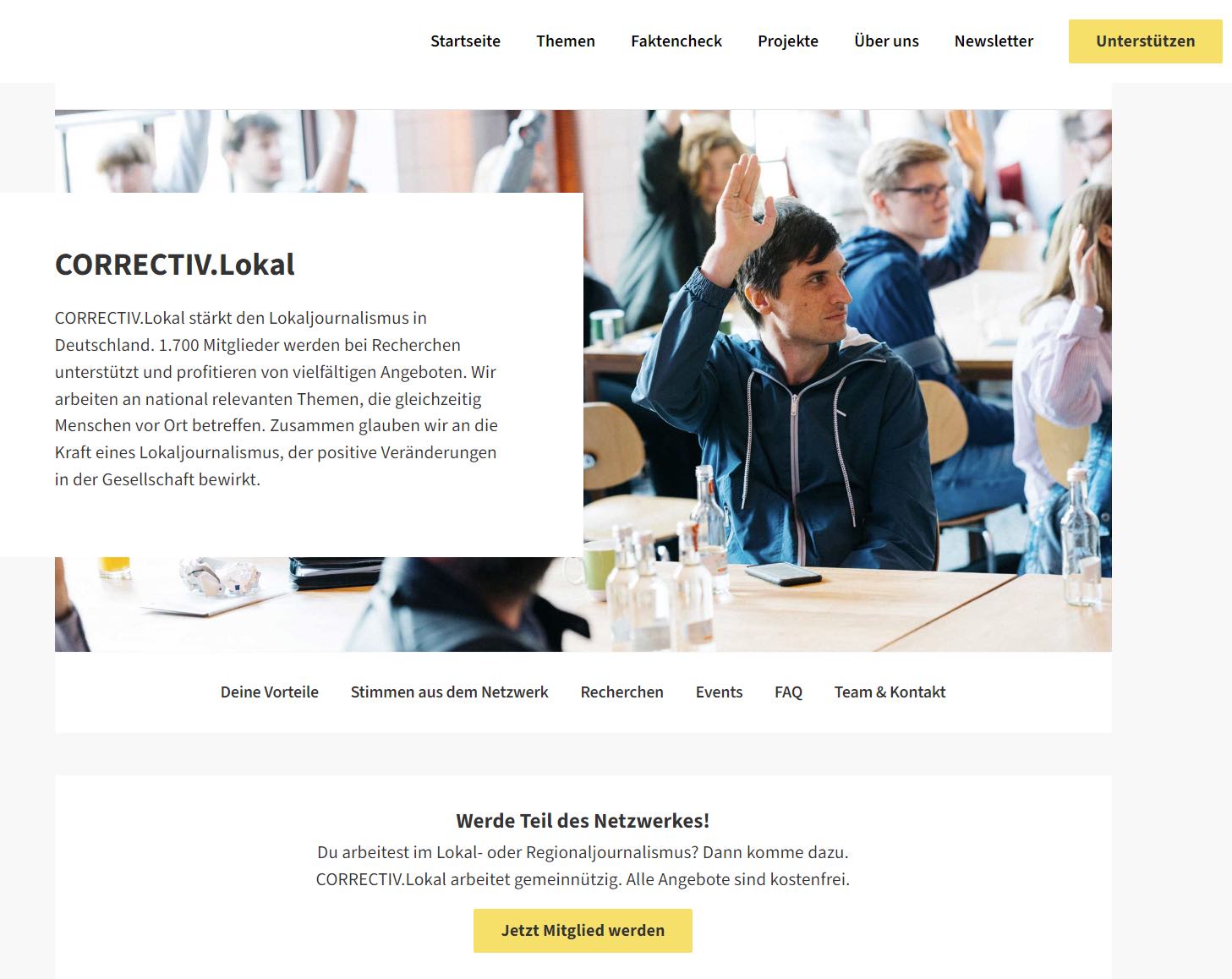
“The basic idea is to enable and reinforce local investigations,” Sachse tells me. Members get free access to workshops, the network and insightful data sets. “This could mean huge data packages with the most local data possible or a new Slack channel so people can network as we did with the secret plan research,” he says.
As hundreds of thousands of people were protesting across Germany, the Correctiv Lokal team was in daily contact with its network to investigate the local connections of the people who attended the secret meeting. Local newsrooms picked up the story and investigated it even further.
Sachse recounts one of those follow-ups by a local reporter from the Stader Tageblatt: “She read about an SUV with a Stade licence plate,” he says. "She immediately thought, ‘That's my region, let me ask Jonathan if he has a photo of the car.' So I shared the photo with her and her sources helped her identify the owner. That same evening, she called me again and told me that the car belonged to an AfD politician we didn't name in our piece.”
Confronted by the reporter with her findings, the politician confirmed that he had attended the meeting and had paid €5,000 to be there. On the same evening, the Stader Tageblatt published the story. According to Sachse, two other local outlets investigated attendees too.
Correctiv features local stories like these in its daily 'Spotlight' newsletter, which currently has around 95,000 subscribers, and in its live ticker about the consequences of the secret plan investigation.
Correctiv Lokal is just one amongst more than a dozen projects the nonprofit has launched over the years. Noteworthy among them are Salon5, the Correctiv's youth editorial team with currently 15 staff; Reporter4You, a program to strengthen media literacy in schools; and StartHub, which helps people launch community-centric local media projects.
Across its 13 social media accounts (they put their main account on X on hold in November 2023 in response to the platform becoming “a threat to democracy”), Correctiv has close to one million followers and subscribers. It also publishes several podcasts like Pausenbrot, Fakten, Front & Fakes and Reporter2Go.
In the ten weeks since the 'Secret plan against Germany' story came out, the AfD lost around five points in national approval ratings (from roughly 23% to 18%).
This may not be a direct result of the scoop, but its profound societal impact is undeniable. Far-right experts say they are seeing signs of the public becoming more open and democratic, especially in Eastern Germany, where “civil society could fundamentally and permanently shake the dominance of the right,” as one social scientist recently put it.
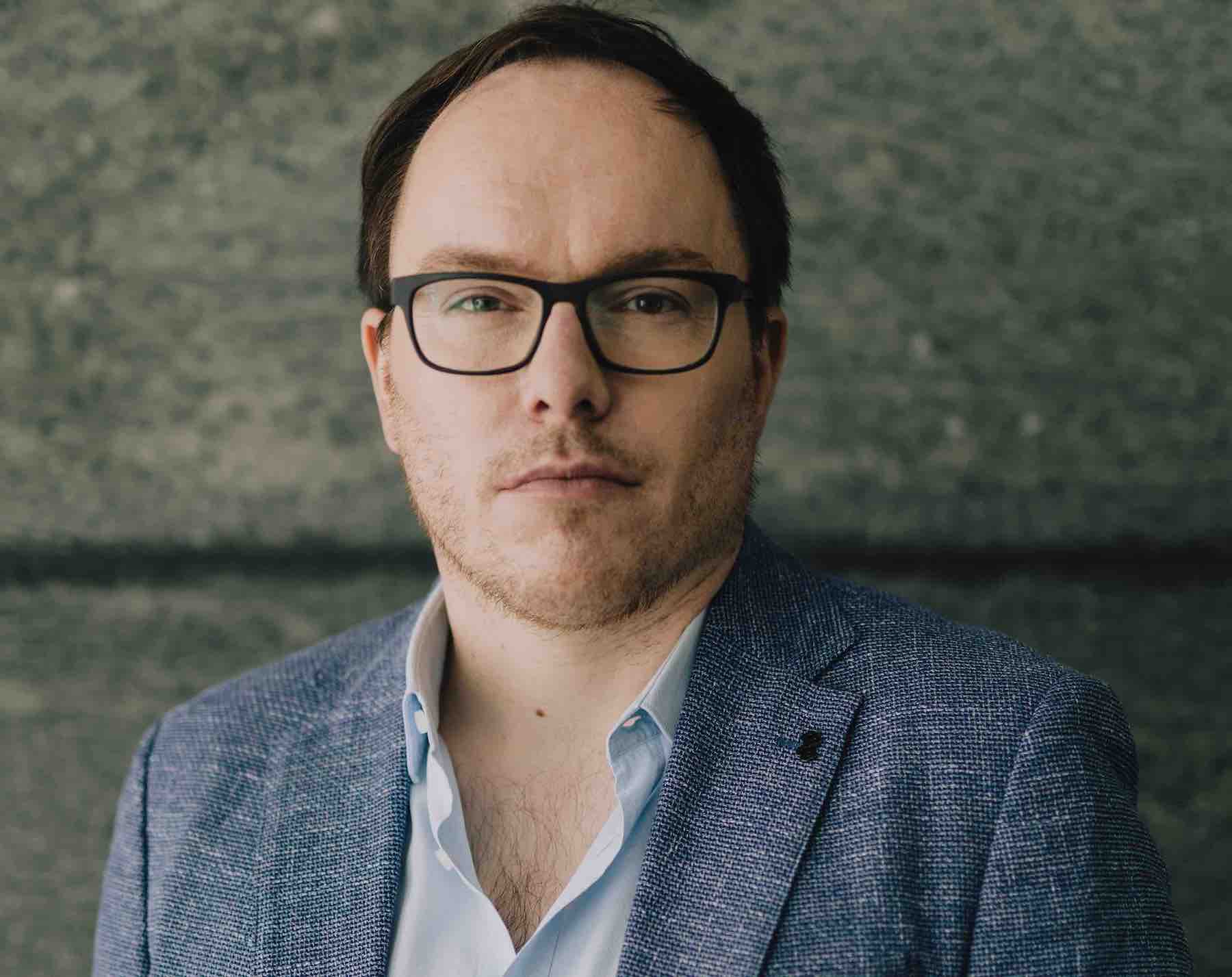
Correctiv co-founder Drepper, who left in 2017 to be Buzzfeed News Deutschland’s editor-in-chief, says he doesn't remember a single news story that made so many people take to the streets to defend their rights. Its overall impact, however, is not easy to compare to other investigations.
“The Panama Papers, for example, brought back billions of dollars in taxpayer's money. How do you compare a billion dollars to a million people on the street?” he says. “But of course this story is not just about the protests. It also got people motivated to engage in society and fund more journalism. You haven't seen any change in laws yet, but these revelations are influencing political discussions. You can't measure stuff like that, but it's important long-term.”
Correctiv, a newsroom which has received more than 30 awards since its founding, is trying to measure the story's impact with an interactive map that lets anyone submit pro-democracy actions. The map is one of the many related pieces Correctiv published, including a FAQ page and a behind-the-scenes video.
This story is not just about the protests. It also got people motivated to engage in society and fund more journalism. These revelations are influencing political discussions. You can't measure stuff like that, but it's important long-term

As for the impact of the scoop on Correctiv itself, the number of donors spiked to close to 16,000 from roughly 9,200 in the three months since the secret plan story was published. One-off donors make up around one-third of donations. The other two-thirds come from people giving on a monthly or an annual basis.
Unfortunately, the scoop also brought about hate comments, slander and even death threats for some of the reporters involved in the story.
“They are trying to frame us as this left-wing activist, conspiracy organisation working on behalf of the government,” investigative reporter Gabriela Keller says. “It's the whole spectrum. We are in contact with the police and they check the situation regularly for us.” As of 28 March, Correctiv was able to fend off all legal attacks.
Drepper believes the way the outlet conducted the investigation played a significant role in its success.
“As journalists we often assume that people know more than they actually do, so we just build on our last investigation,” he says. “However, sometimes it's good to take on an issue as a whole and pretend people don't know much about it. What Correctiv did was sort of ignore that there have been similar things bubbling up over the last few years. Instead, they revealed the inner core of the problem – that [these far-right activists] want to get rid of many of us – and people understood right away. This helped seize this moment.”
To Keller, the most important legacy to the scoop, which is currently available in a total of 11 languages including easy language and sign language, was making people aware of the dangers that far-right actors like the AfD pose to Germany's constitution.
“We feel we've tapped into something that was perhaps waiting to be blown open,” she tells me. “Most people in Germany were quite complacent before. We've become used to taboos being broken all the time and more and more violent right-wing language being used in politics, some of which trickles down into everyday rhetoric. With the help of our story, people are now realising the AfD is a threat not only for those with a migration background but for everyone.”
The jury is still out on the enduring impact of this democratic awakening. On a European level, right-wing and far-right parties are expected to gain votes and seats following the EU elections in June. But the real litmus test will be the September elections in three eastern German states, where the Correctiv story has so far done little to change the AfD's comfortable lead in the polls.
With a whole host of plans for this election year, including transferring a citizen journalism approach to fact-checking with the Faktenforum community, Correctiv will continue its mission of using journalism for the common good.
At every email we send you'll find original reporting, evidence-based insights, online seminars and readings curated from 100s sources - all in 5 minutes.
At every email we send you'll find original reporting, evidence-based insights, online seminars and readings curated from 100s sources - all in 5 minutes.